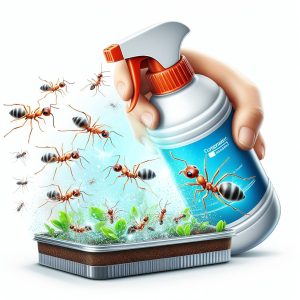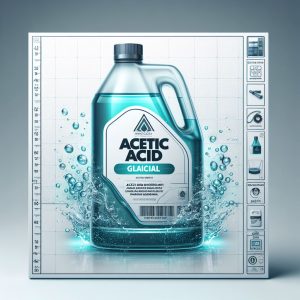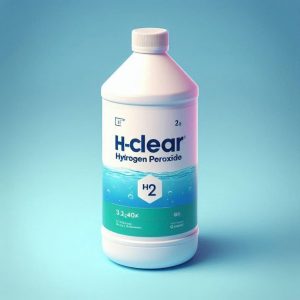Insecticide
Br48.00
A widely used insecticide to combat many insect pests and is used according to the recommendations of the World Health Organization_x000D_
_x000D_
Insecticides are chemical substances used to kill or control insects that are considered pests. They play a crucial role in agriculture, public health, and pest control in households and industries. Insecticides come in various forms, including sprays, dusts, baits, and granules, and they target different types of insects such as mosquitoes, flies, cockroaches, ants, termites, and agricultural pests.
200 in stock
Description
Here are common types of insecticide._x000D_
_x000D_
Organophosphates: These insecticides work by disrupting the nervous system of insects. They are commonly used in agriculture and household pest control_x000D_
_x000D_
_x000D_
_x000D_
Parathyroids: Derived from natural pyrethrum found in chrysanthemum flowers, parathyroids are widely used in household insecticides and mosquito control._x000D_
_x000D_
_x000D_
_x000D_
Neonicotinoids: These insecticides act on the nervous system of insects and are often used in agriculture to protect crops from pests such as aphids and beetles._x000D_
_x000D_
_x000D_
_x000D_
Carbamates: Similar to organophosphate, carbonates also disrupt the nervous system of insects. They are used in agriculture and household pest control._x000D_
_x000D_
_x000D_
_x000D_
Biological Insecticides: These insecticides are derived from naturally occurring substances such as bacteria, fungi, or botanical extracts. They are often considered safer for the environment and non-target organisms._x000D_
_x000D_
_x000D_
_x000D_
Insect Growth Regulators (IGRs): IGRs interfere with the growth and development of insects, preventing them from reaching maturity or reproducing.It's important to use insecticides safely and according to label instructions to minimize risks to human health, non-target organisms, and the environment. Additionally, integrated pest management (IPM) approaches, which combine various pest control methods including cultural, biological, and chemical control, are often recommended for sustainable pest management.





Reviews
There are no reviews yet.